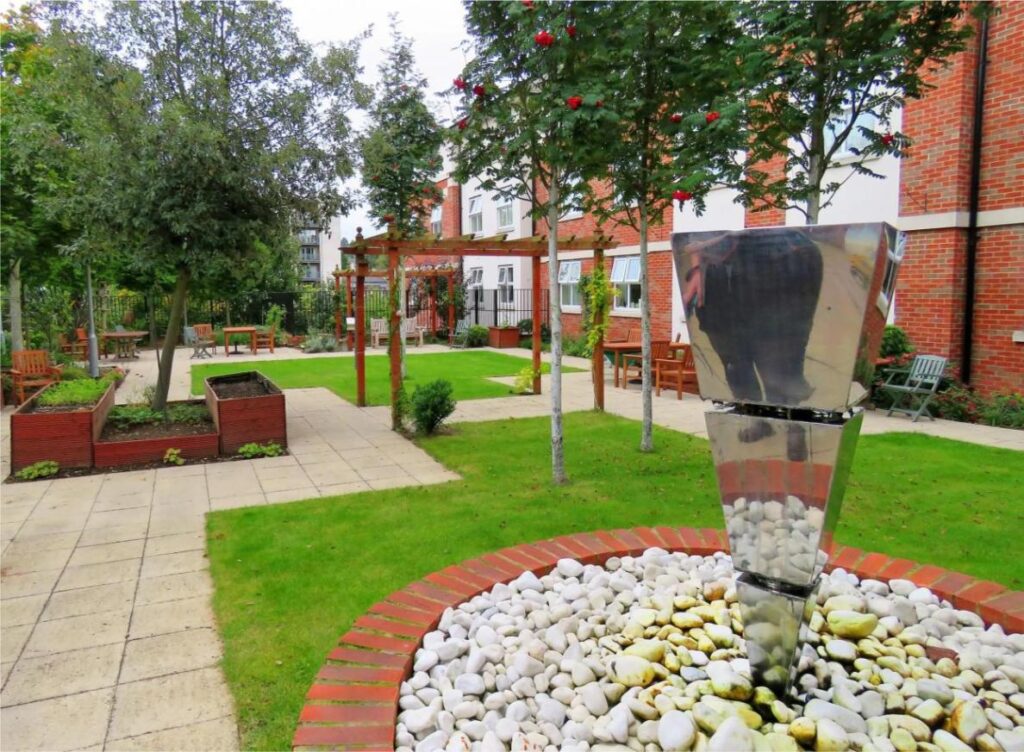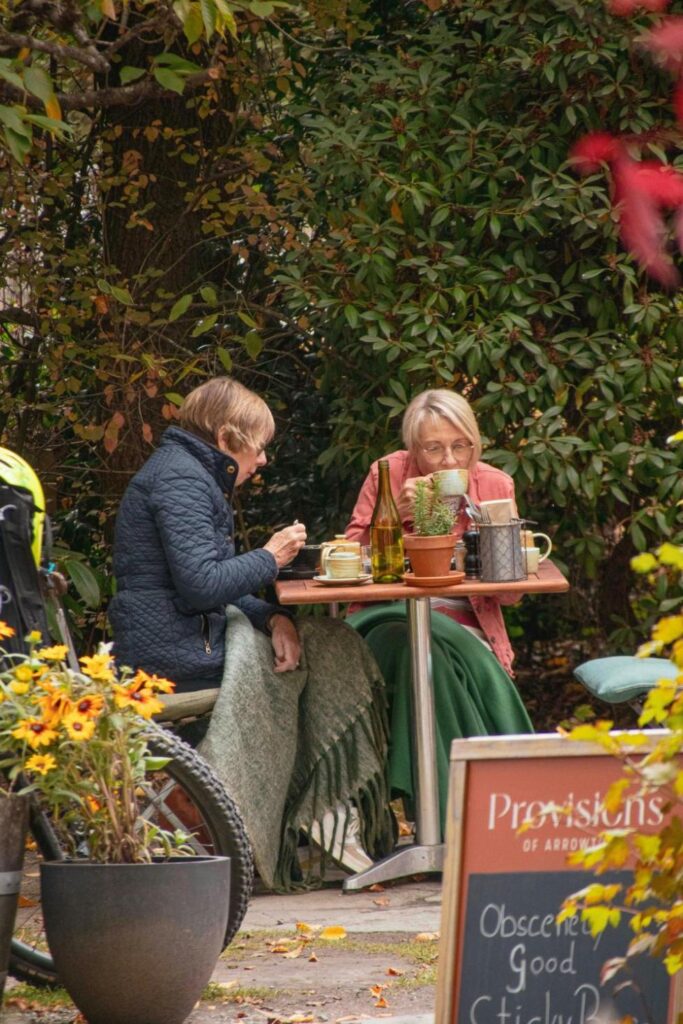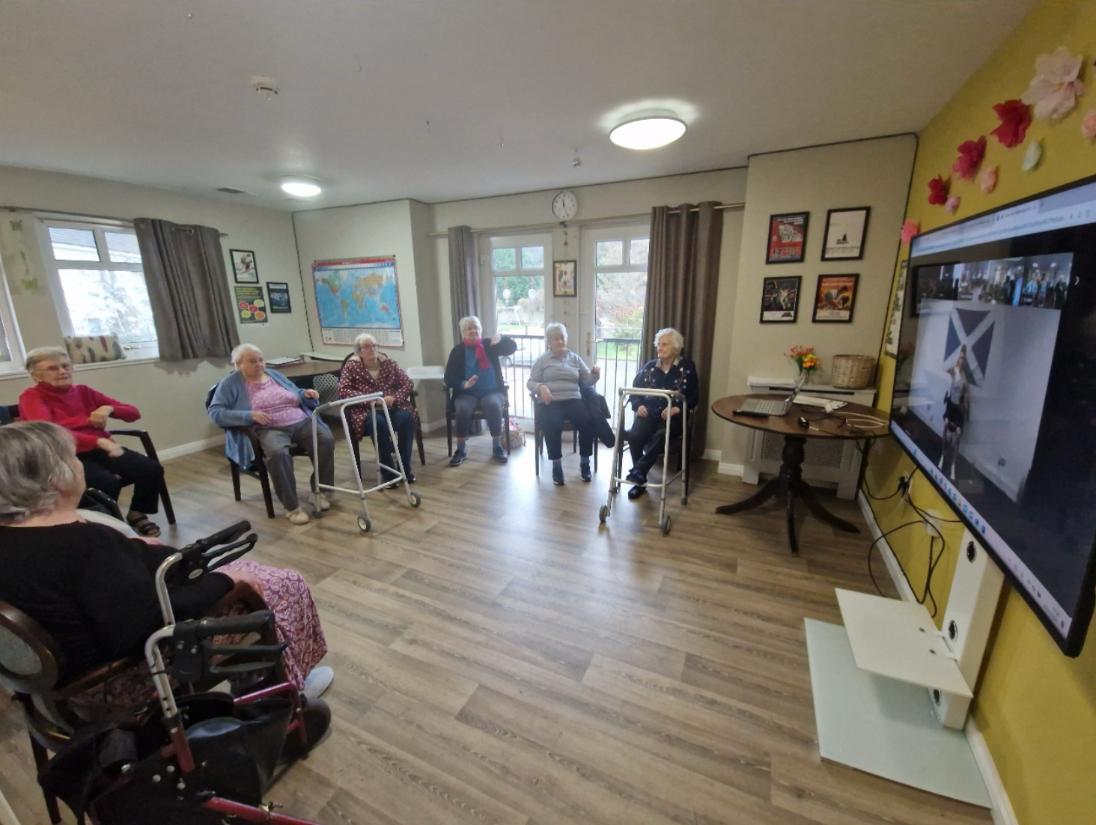Choosing a Care Home in Scotland: Essential Tips for Making the Right Decision


Choosing a care home is one of the most significant and personal decisions that individuals and families can face. This big decision involves more than just securing nursing care or personal care; it is about finding a place where older people feel safe, respected, and supported to live fulfilling lives. In Scotland, the landscape of care homes is varied, offering many different types of care home options, from residential care homes to specialist nursing homes and dementia units. This guide is designed to help you navigate the complexities of choosing a care home in Scotland by addressing important factors like assessments, costs, local regulations, and support services.
First Step Before Embarking On Finding A Care Home
A Needs Assessment
It is crucial to understand that care needs can widely vary depending on the individual's health, mobility, and social requirements. The first formal step is a care needs assessment, often conducted by health or social care professionals connected to your local council or social services. This assessment carefully evaluates the level of support needed, ranging from assistance with daily tasks such as dressing and toileting to more complex medical attention requiring qualified nurses and healthcare staff. Importantly, this step ensures that you or your loved one are placed in the environment best suited to individual needs and a the appropriate level of care can be delivered.
In Scotland, after the assessment, a financial assessment will be requested, usually by the local authority, to determine who will pay the care costs. This is a vital enquiry into whether you qualify for government assistance or if you will be responsible for all or part of the fees. Paying for care can feel daunting, but local councils and social care advisors can clarify the available financial support and explain any obligations. Knowing how much you can afford will help focus the search on care homes that align with your financial circumstances.
Key Indicators of Trustworthiness to Consider
Personalisation
The diversity of care homes across Scotland means that choosing a trustworthy care home is rarely a matter of simply following a checklist. Everyone’s needs and preferences are unique, so your new home should reflect that individuality. A particularly reassuring feature offered by many Scottish care homes is the chance to bring your own furniture and cherished belongings with you. This personal touch helps transform a new environment into a comfortable, familiar space, making the transition from your family house or own home far less daunting.
Personalisation like this can play a vital role in helping residents feel settled and secure more quickly, easing any sense of upheaval. Scottish care homes often take pride in striking the ideal balance between privacy and community, ensuring you have space to call your own while also enjoying opportunities for social connection. When searching for the right care home, look for settings where staff actively encourage personal touches—it’s often these details that make daily life feel more normal and enjoyable, creating an environment that feels genuinely like home from the moment you arrive.
Location
When considering the location of a care home, it’s important to think about what truly matters to you and your family. Scotland offers a wide range of settings to suit different lifestyles and preferences. Some care homes are nestled in beautiful countryside near lochs or historic estates, providing a peaceful, rural atmosphere ideal for those seeking tranquillity. Others are located in lively cities or towns, offering easy access to shops, cafés, cultural venues, and community events. This connection to the local area can greatly enhance social wellbeing by providing stimulation and opportunities for engagement outside the home.
Practicalities matter too. For family and friends visiting regularly, convenient transport links like railway stations, bus routes, or main roads make visits less stressful and more frequent, helping to maintain strong relationships. If you enjoy getting out and about, consider what local amenities are nearby—parks, gardens, museums, or scenic walks, and whether outings are supported.
Conversely, if you prefer a quieter environment, rural care homes in Scotland often offer peace, privacy, and stunning natural surroundings. These homes usually benefit from strong community ties and a safe atmosphere, though it’s important to check how accessible health and social services are and what arrangements exist for medical support.
Ultimately, the right location balances convenience, support, community, and atmosphere. Whether you prioritise family visits, social outings, or countryside serenity, choosing a home that fits your needs will help you feel settled and happy.

Trusted Opinions: Checking Reviews Both Online and Face-to-Face
Visiting potential care homes is one of the smartest steps you can take when searching for the right place. It allows you to look beyond brochures and see what life there actually feels like. During your visit, take the opportunity to speak with the care home manager or duty manager and meet some of the staff. Ask about daily routines, what extra services are offered, and how flexible the care plan is if your needs change. Find out how they help residents enjoy a lively social life, through activities, outings, and encouraging family involvement.
Notice the atmosphere: do staff and residents seem genuinely happy? Is it easy for family and friends to visit and stay connected? Maintaining those bonds is so important for emotional wellbeing and making the new place feel like home.
It is also a good idea to read online reviews on trusted sites such as carehome.co.uk, either before or after your visit. Real experiences from other families can reveal what a care home is really like day to day. Taking these practical steps, and trusting your instincts, will help you find a care home that truly feels right.
Support With Making A New Home Your Home
The process of transitioning into a care home, especially from an own home environment, can be emotionally challenging. Good Scottish care homes consider this by assigning coordinators who assist with the move, help personalise the living space with cherished belongings and own furniture, and encourage families to remain actively engaged. Many homes also provide detailed guidance about what to expect throughout the moving process and offer reassurance about ongoing support.
Reliable Regulatory Oversight of Care Standards
It is essential to remember that regulation of care homes in Scotland is robust. Bodies such as the Care Inspectorate and, in England, the Care Quality Commission are responsible for regularly monitoring homes to ensure that they comply with official standards. When exploring care homes in Scotland, always review these inspections and discussions with current residents and their families or friends to get a sound idea of the atmosphere, care quality, and overall environment.
Finally, navigating what might seem like a complex system of social care, medical needs, administrative duties, and emotional adjustment requires patience and information. Speaking with your local council, health professionals, or advocacy groups can provide advice and clarity as you move forward in deciding the best option for yourself or a loved one. Whether your priority is access to specialised nursing care, a pleasant location, or a home that enables active social engagement, Scotland’s diverse care home sector offers many opportunities to find a good place to call home.
In Summary
Deciding on a care home in Scotland involves more than just selecting a place for nursing or personal care; it’s about finding a welcoming environment where older people feel safe, valued, and supported to live well. Options range from residential to nursing and dementia care, with needs assessed by professionals. A financial assessment helps clarify costs and narrow your search. Key trust factors include personalising rooms with your own furniture and choosing a location that suits your lifestyle, whether rural tranquillity or city convenience. Visiting homes and checking online reviews offer valuable insight. Many Scottish homes provide support coordinators for a smooth transition, and the Care Inspectorate ensures quality and safety. Careful research and visits help you find a home that feels welcoming and supports independence and dignity.
To speak with a member of our care team, please get in touch via our website or call us directly on 01631 720278. We're here to help you navigate your options with compassion and clarity.





